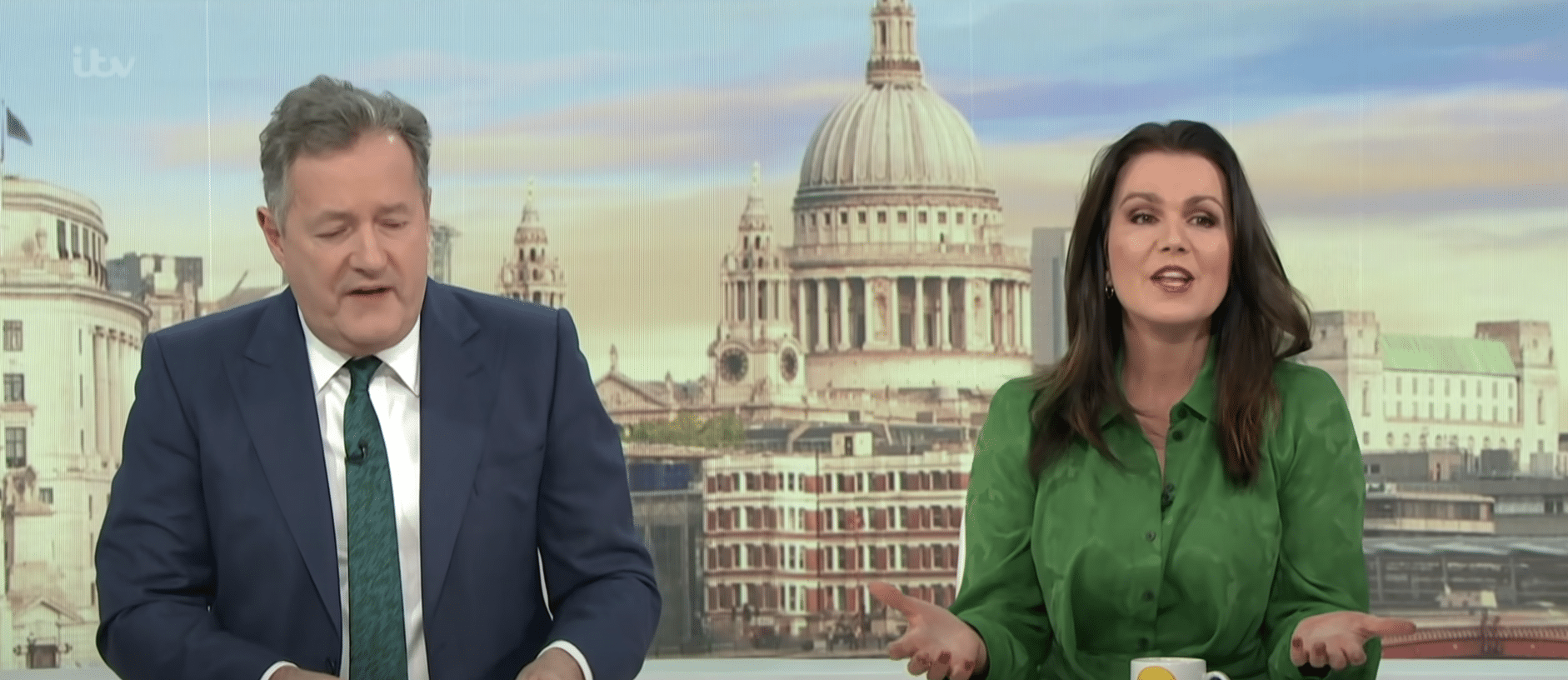Ofcom recieved a record-breaking 58,000 complaints regarding the disparaging comments made by Piers Morgan following Meghan’s interview. The interview in question covered several topics, one of which regarded Markle’s struggle with mental health whilst living in Buckingham Palace. Ofcom has come out with a statement clearing Morgan, ITV and Good Morning Britain from all accusations.
Content Trigger Warning: Suicide
On March 7th 2021, Meghan and Harry took part in a historic interview with Oprah Winfrey following their departure from the royal family. The interview, originally televised on CBS, delved into many hard-hitting topics regarding their life while lived in the company of the royal family.
Amongst such revelations came Markle’s admission that, at times, life in the Palace became so difficult that she “didn’t want to be alive anymore”. Markle is far from the first woman in the public eye to open up about such experiences.
The 57,793 Ofcom complaints came flooding in after Morgan took to his station as host of Good Morning Britain and made a number of remarks which many deemed to be harmful and insensitive- including that he didn’t “believe a word she said”, clashing with co-presented Susanna Reid in the process.
This clash came just a day before Morgan’s infamous walk-out following a heated discussion with fellow TV presenter Alex Beresford while debating Megan’s claims of racism within the royal family.
Many criticised Morgan’s behaviour on-air, citing his remarks as holding the potential to cause great harm to those suffering from mental health issues. In addition to this, accusations of hypocrisy have been levelled at ITV, as their mental health awareness campaign ‘Britain Get Talking’ was active at the time of Morgan’s comments.
Ofcom’s response to the case claims that, in the interest of “freedom of expression”, Morgan’s comments did not violate broadcast rules.
Many have been quick to point out that ‘free speech’ doesn’t allow for total free reign of expression- content that is harmful or hateful is not protected by such principles.
With 9 out of 10 people suffering from mental illness reporting that the negative stigma has significantly hindered their recovery, the perpetuation of such stereotypes at the hands of Morgan could set a potentially dangerous precedent for the British public.














